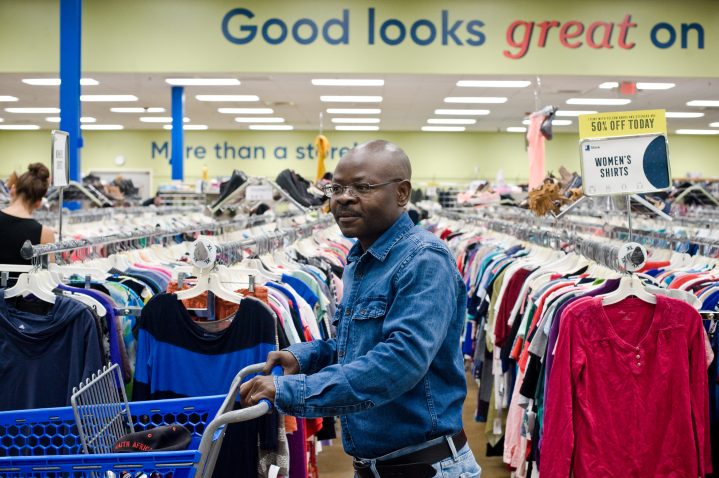News
Goodwill’s Maine stores now run on local solar power
April 17, 2023
Goodwill recently moved 12 of its stores and offices to solar power, with plans to move two more to solar power this year. The nonprofit is participating in two community solar farms, agreeing to buy solar energy for the next 10 years. This will account for 62 percent of the nonprofit’s energy use in Maine.
“Sustainability is at the center of our work. Goodwill stores keep more than 40 million pounds of stuff out of Maine’s landfills each year. We want to do right by the Earth, and this was a no-brainer opportunity,” said Steve Dixon, Senior Director of Purchasing and Facilities. “We also expect to save about $50,000 in the first year by buying this local, renewable energy.”
Stores and offices moving to solar power include: Bangor store, Ellsworth store, Gorham warehouse and administrative offices, South Portland’s MillCreek and Maine Mall Road stores, Auburn store, Rockland store, Gorham store, Belfast store, Topsham store, Brunswick store, Windham store, Augusta store and the Waterville store.
Solar power aligns with Goodwill’s seasonal energy use
For its first year using solar, the nonprofit purchased 2.8 megawatts of energy — about 62 percent of its use in Maine. Goodwill bought the solar energy from local farms in Fryberg and Trenton at a discount.
“We spend in total over $1 million in electricity expenses each year with the old rates – the new rates are going through the roof. The higher the rates go, the more solar helps offset costs,” Dixon said.
The thrifty nonprofit’s energy use happens to align with solar seasons in Maine. Stores and offices’ energy use spikes in the summer because of air conditioning.
Goodwill signed two community solar farm agreements, one for its southern Maine warehouses and stores, and the other for its Bangor and Ellsworth-area stores. The 12 southern Maine stores now use solar power, and the Bangor and Ellsworth stores will come online later this year. The nonprofit hopes to find similar opportunities in New Hampshire and Vermont.
A history of sustainability in retail operations
Goodwill Northern New England continues to invest in its sustainability and environmental responsibility goals in its retail operations:
- In January 2017, the nonprofit voluntarily banned single use plastic bags from its stores.
- In February 2021, it upgraded its fleet of tractor trailers to improve its transportation fuel efficiency and reduce its carbon footprint.
- In the spring to 2022 Goodwill invested $1.5 million in more durable and sustainable materials to store and transport donations.




